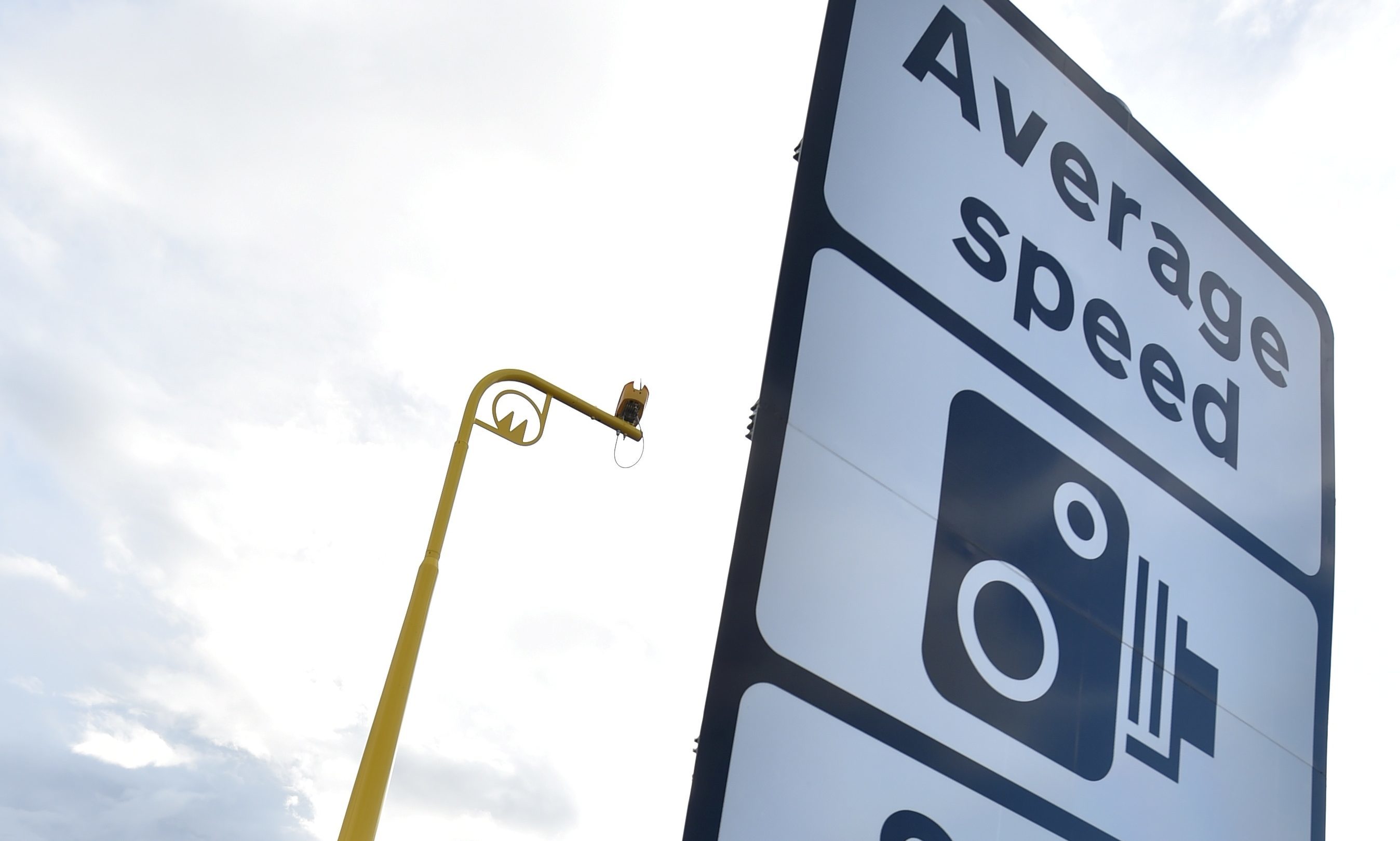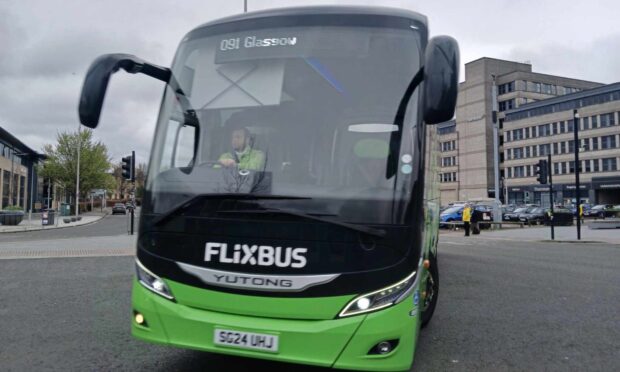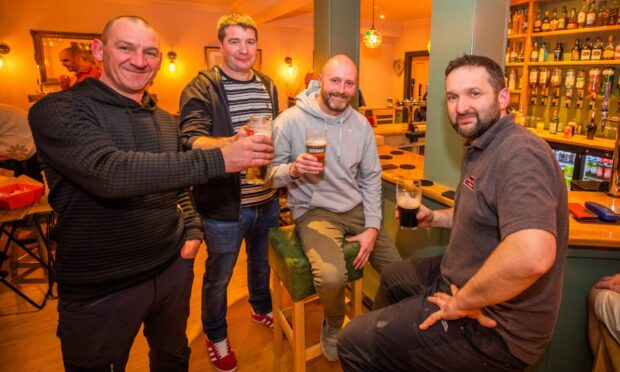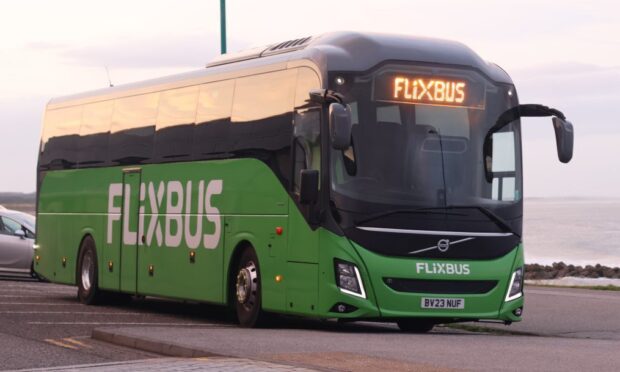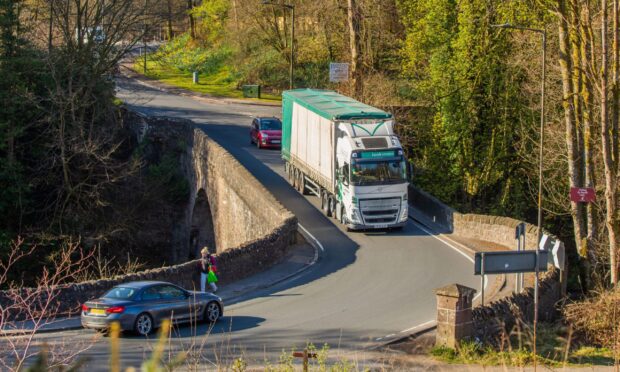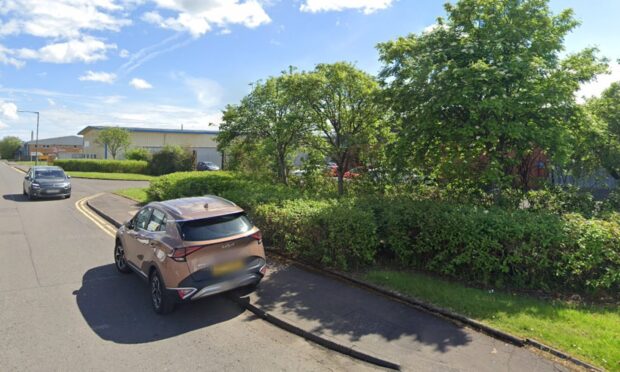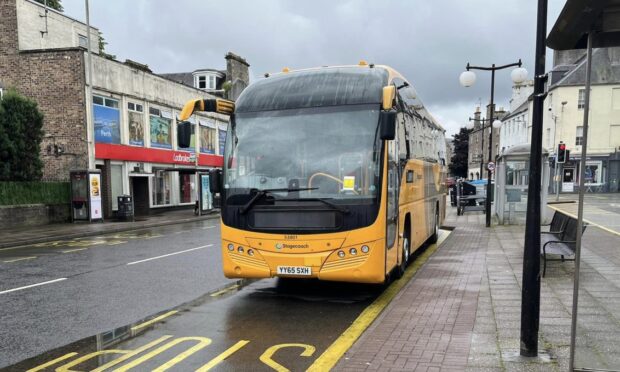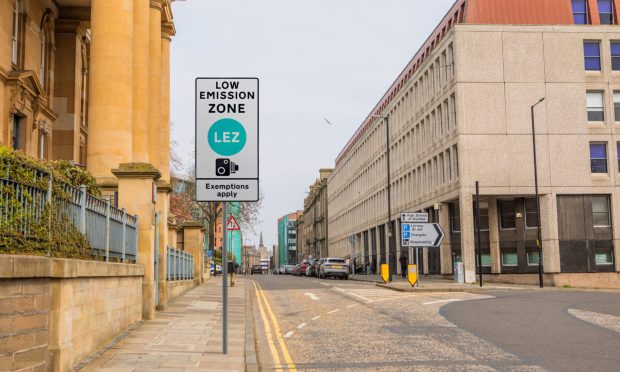Transport bosses have refused to reveal full details of talks over A90 average speed cameras, sparking questions about the justification for the £2 million scheme.
Dozens of the devices have been installed on a 50-mile stretch between Stonehaven and Dundee and are due to come into force in the autumn.
The Scottish Government says the move “reflects the safety and speed record of the route and the appropriate use of available technology to address the issues highlighted”.
After weeks of stalling over a request to see all paperwork from transport minister Humza Yousaf’s office about the controversial scheme, Transport Scotland released just one three-page report by one of its senior officials, along with statistics on accident numbers.
It said there was a “greater public interest” in ministers and officials being able to have “frank” discussions behind closed doors than in disclosing the information to voters.
Anti-camera campaign group Safe Speed’s co-founder Claire Armstrong said it was “very questionable reasoning because they need to explain why they are spending public money on these cameras”.
“That would lead me to suspect there’s some convincing going on by the companies involved and ministers don’t wish to be questioned about it,” she said.
“There is zero evidence these cameras save lives – it is a fallacy. It is propaganda because these cameras make millions for the companies behind them.”
North-east MSP Lewis Macdonald said any failure to be fully transparent was “bound to raise suspicions”.
“If the evidence is there that it makes a difference then that evidence should be put forward,” he said.
However, supporters of the cameras point to figures showing since average speed cameras were introduced on the A9 Inverness to Perth road in 2014, the number of fatal and serious injury casualties has plummeted by more than 40%.
Phil Mills-Bishop, chairman of Stonehaven and District Community Council, said: “I am in favour of this, the other ones do not work. They become a part of the furniture, people note where they are, slow down and then speed up again.”
The head of the Scottish Safety Camera Programme, Steven Feeney, said the cameras would be effective and good value for money.
He compared the price tag with the Government’s £2.2m estimate of the average cost of a single fatal crash – a figure which Transport Scotland said included the “wider cost to the economy”.
